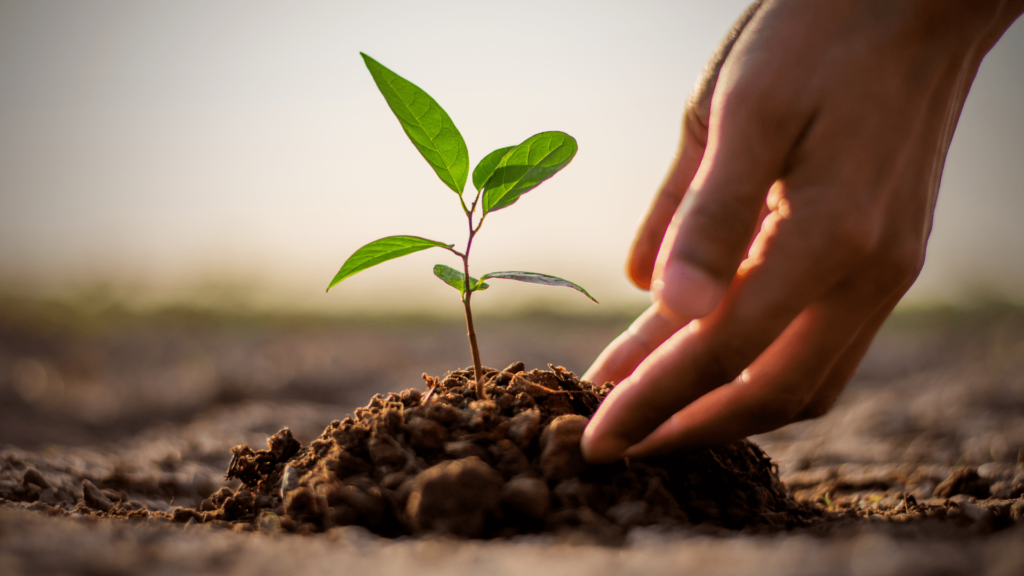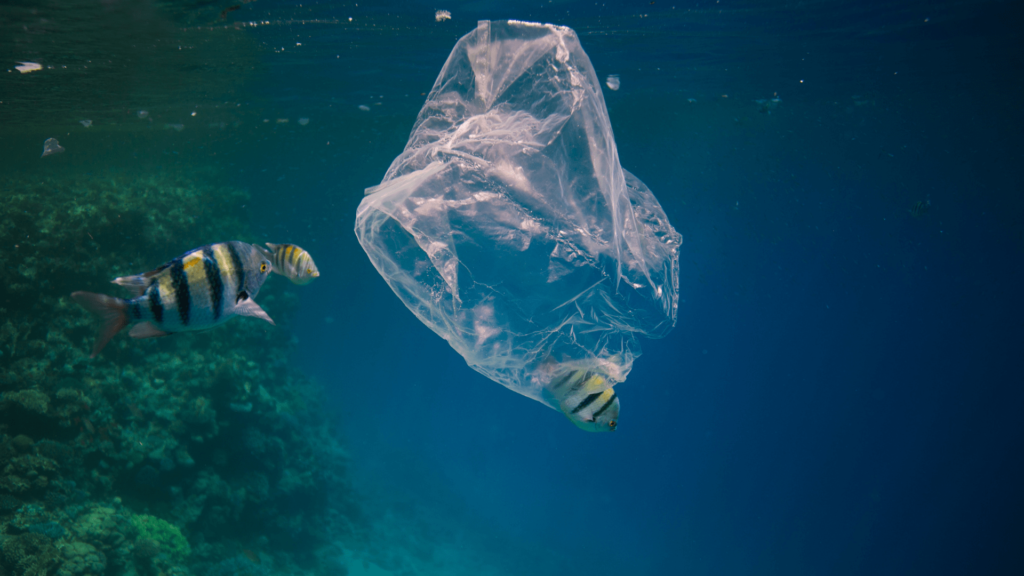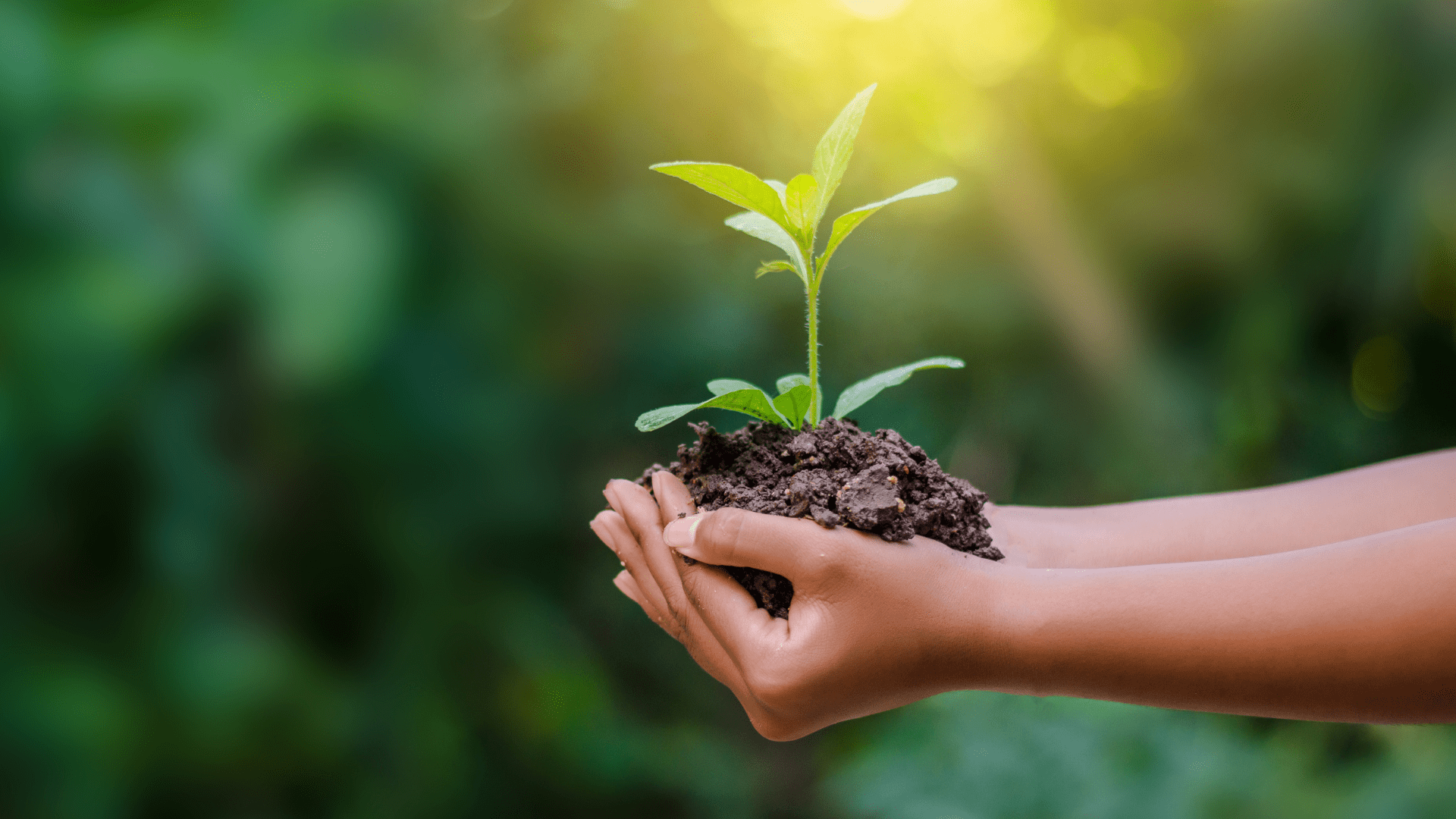EVERY year, April 22nd is celebrated as Earth Day the world over, and it stands as an important annual reminder of the need to preserve the environment and protect our natural resources. Thanks to Earth Day and the planet’s dangers, the world has come together to save it from further damage. But many more things remain to be done. Climate change, rising sea levels and melting of the polar ice caps are some of the most significant threats to the human race. Millions of hectares of pristine forests have already been lost, and the damage is only intensifying with rampant deforestation.
But all is not lost yet. We, as a race, have exhibited our ability to deal with crises and adversity. And even today, we can come together and do a great deal, even in our capacities. We have done it in the past and can do it now.
The inception of the Earth Day movement
A lot changed after a disastrous oil spill in Santa Barbara, California, US, in January 1969. Public consciousness began to shift toward addressing the dangers of air and water pollution. It was in 1970 that a group of lawmakers in the United States of America led by Senator Gaylord Nelson conceived the idea of Earth Day. They visioned it as an occasion to draw attention towards environmental conservation.
Furthermore, millions of environmental activists mobilised in different parts of the US to mark the occasion and highlight the threat of environmental degradation. The campaign, in years to come, fueled a global ecological movement.
Since then, Earth Day has developed as a global event, with activities organised worldwide. From tree plantation drives to symposiums and public rallies, there is a wide array of programmes that take place to raise awareness and inspire people to take action and do their bit for our planet.
We can do our bit too.
This Earth Day, we can resolve to make minor changes in our daily lives and contribute to saving the planet. We can make an enormous impact if we collectively take action and sustain these changes over a long period. One of the most significant aspects of Earth Day is spreading education and environmental awareness.
Here are five simple yet impactful ways in which you can help
- Cut your carbon footprint
There are many ways to reduce your carbon footprint. Consider taking public transportation, biking, or walking instead of driving a car. Also, try to limit nonessential travel and choose trains over flights when possible, as research shows that this can reduce carbon dioxide emissions by up to 90% per passenger. Another effective way to reduce your carbon footprint is to purchase local produce to minimize fuel consumption during transport.
- Plant more trees
The importance of trees in maintaining the planet’s health cannot be overstated. They produce oxygen and play a vital role in absorbing and storing carbon dioxide, one of the main greenhouse gases responsible for climate change. Unfortunately, widespread deforestation has significantly reduced the number of trees on the planet, a major cause of global warming. One way to combat this problem is by participating in tree plantation drives. Individuals can make their backyards greener by planting trees, shrubs, and other vegetation. This not only helps the environment but also enhances the beauty and livability of the property. Additionally, planting fruit and nut trees can provide fresh, healthy food, reducing the carbon footprint associated with food production and transportation. Another effective way to promote tree planting is by encouraging friends and family to do the same.

- Avoid single-use plastic
The exponential surge in the usage of single-use plastics has emerged as a grave threat to the planet. Once these plastic products are discarded, they invariably find their way to landfills, garbage dumps, or oceans, causing significant environmental harm and contributing to habitat destruction and biodiversity loss. However, we can take concrete steps to mitigate this damage. For instance, opting for a refillable water bottle, carrying reusable bags, and avoiding products that come with plastic packaging can go a long way in reducing our plastic footprint and ensuring a sustainable future for our planet.

- Conserve water and energy
Fresh water in most countries is sparse. Saving water can positively contribute to the well-being of millions of people around the globe. A bulk of the energy utilised in homes, offices and factories comes from burning fossil fuels that emit hazardous gases into our atmosphere, which has a multiplier effect on the planet’s health. Simple acts, such as turning off lights before leaving a room empty or utilising renewable sources of power, can also have a ripple effect in a positive direction.

- Volunteer for nonprofits
Nonprofit organisations or non-government organisations (NGOs) play a crucial role in the fight to protect the environment. NGOs have been the backbone of conservation efforts, from advocating positive policy shifts to working on the ground. Volunteering for an environmental NGO can be a good way of propelling the world towards a greener future.

Numerous NGOs in India are undertaking diverse environmental initiatives to improve the condition of our planet. Further information about these organizations can be found here.
Perhaps one of Earth Day’s most inspiring aspects is how it brings people together. By working collaboratively to protect the environment, we can build stronger communities and foster a sense of shared purpose and responsibility. Whether volunteering at a local nature reserve or joining a global climate march, something about coming together with others to bring about change is compelling. By working together and focusing on the positive steps we can take in our daily lives, we can all play a role in preserving the environment for future generations. We must stand up for our planet. It’s the only one we have.
Established in 2000, Give.do is the largest and most trusted giving platform in India. Our community of 2.6M+ donors have supported 3,000+ nonprofits, impacting 15M+ lives across India.

Choosing to tread the proverbial road less travelled, Ramon embarked upon a career in journalism and spent over 8 years working for various media organisations. A deeper calling to create a sustainable impact in the lives of the less fortunate compelled him to join the social sector. Ramon is a minimalist at heart and an explorer in spirit.
Discover more from give.do
Subscribe to get the latest posts to your email.





